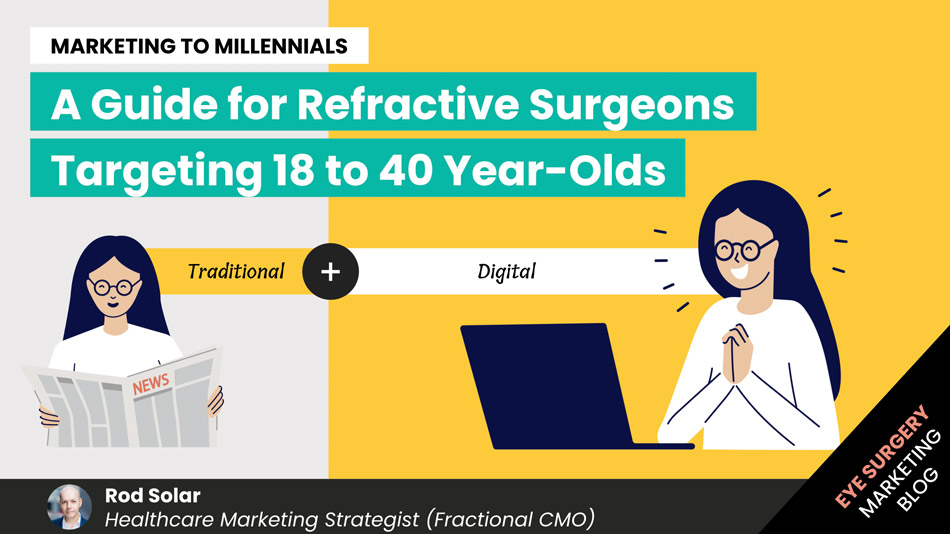How does politics influence business?
Psst….This is the first part of our 5-Part series on business and politics. Click on the links to read the related posts (released weekly):
How can your company’s brand advertising impact politics?
Why consider affiliating your business with political issues?
The business pros and cons of speaking out politically
14 considerations when mixing business and politics
Should you mix business and politics?
A cab driver once told me he loved to chit chat with his passengers but always avoided talking about three things
- Politics
- Religion
- Sex
Is this good advice?
The easy answer to the question of whether you should mix business and politics is: No. You’ll get this advice from most colleagues, advisors and conventional wisdom online.
Many follow these taboos, and I’ll not be the first to question them. Perhaps I’ve reached a certain age and level of self-confidence that makes me less readily conform; I have no qualms about talking about these topics with almost anyone.
With that said, I appreciate I’m in the minority (especially in circles that value propriety more than authenticity), so it’s with an open mind that I will examine the pros and cons of mixing business with politics in this article.
Should you bother mixing business and politics at all?
If anything is certain, mixing business and politics is anything but straightforward. My aim with this article is to give you an objective view of what you may want to consider before you publicly or privately reveal your political persuasion or align yourself (and your business) with any particular political position.
While I’m in the profession of giving business owners and executives advice, one thing I’ll not do is tell you what you should do concerning this topic. The choice to align your business persona with a political stance is a complicated one that depends on many factors that I will illustrate below.
In summary, I’ll discuss:
- How politics affects business.
- The pros and cons of speaking and remaining silent about politics.
- Some do’s and don’ts to mind if you choose to mix politics and business.
- My personal views on mixing business and politics.
In the wake of the surprising (to some) results of the EU Referendum and the US Presidential elections, we are all seeing and sharing a vast volume of political news lately, and people who’ve rarely considered politics necessary or interesting are now paying much closer attention to this narrative.
With the near-ubiquitousness of social media today, there’s no doubt that you’ve encountered discussions concerning politics even if you think it has nothing to do with what you typically concern yourself. As with most topics on social media, a few engage, while most observe without becoming involved.
Sooner or later, you will feel compelled to enter the fray. It may be a friend’s jarring support for a post made on Facebook. It might be an article you read online that you can’t help but share. You may feel some natural trepidation with regard to getting involved. It is for you that I write this essay.
First, let’s address the curious question: “Does business and politics influence each other?”
Does politics influence business?
The catalyst for this article was seeing someone’s LinkedIn post about Donald Trump and Theresa May’s planned trade deal meeting scheduled in London for later this year and the comments that followed.
To my surprise, many commenters agreed that business and political discussions should not mix. I disagree.
In my view, politics is a significant and sometimes unpredictable external factor that can influence business (e.g. PESTLE analysis, in which politics is the P)
“The political situation of a country affects its economic setting. The economic environment affects the business performance. For example, there are major differences in Democratic and Republican policies in the US. This influences factors like taxes and government spending, which ultimately affect the economy.”
The article I’ve linked above lists nearly two dozen factors that can influence your business. It’s extensive and mainly relates to laws.
Let there be no doubt. Politics affects nearly everything.
Too often, people imagine politics as something that has little impact on their lives. That may be true if you consider politics to be solely composed of elections and individuals arguing with each other once they’re elected. Considered more broadly, what matters about politics is not the stuff that we most often get to see or hear about. What matters is policy, taxation, regulation and law, and their short and long-term effects on almost every aspect of our personal and professional lives, and those of everyone we know.
NOTE: The best way to answer that nagging question about practice growth or marketing or patient volume in the back of your mind is to book a free 15-minute compatibility call. Get some options and go away with a clear idea of what’s possible.
Does business influence politics?
Many are surprised to discover that business significantly affects politics. What might surprise some, even more, is the degree to which economic elites and interest groups can influence politicians when compared to the average voter.
Perspectives on Politics published a study called “Testing Theories of American Politics: Elites, Interest Groups, and Average Citizens” in 2014 that analysed the relative influence of political actors on policymaking.
These three charts summarise how grotesquely larger big money’s influence in politics is. In the US, business-oriented groups have almost twice the influence of average citizens.
The authors, Martin Gilens of Princeton and Benjamin Page of Northwestern, based their research on a database of voters’ and interest groups’ positions on 1,779 issues between 1981 and 2002, and how those positions were or weren’t reflected in policy decisions. You’ll find the specific conclusions of their research in this box:
- Compared to economic elites, average voters have a low to nonexistent influence on public policies. “Not only do ordinary citizens not have uniquely substantial power over policy decisions, but they also have little or no independent influence on policy at all,” the authors conclude.
- In cases where citizens obtained their desired policy outcome, it was in fact due to the influence of elites rather than the citizens themselves: “Ordinary citizens might often be observed to ‘win’ (that is, to get their preferred policy outcomes) even if they had no independent effect whatsoever on policy making if elites (with whom they often agree) actually prevail.”
- Regardless of whether a small minority or a large majority of American citizens support a policy, the probability of policy change is nearly the same — approximately 30%.
- A proposed policy change with low support among economically elite Americans is adopted only about 18% of the time, while a proposed change with high support is adopted about 45% of the time.
- Interest groups have a substantial impact on public policy. When mass-based and business-oriented interest groups oppose a policy, the probability of its being enacted is only 16%, rising to 47% when they’re strongly favourable. “On the 1,357 proposed policy changes for which at least one interest group was coded as favouring or opposing change, in only 36% of the cases did most groups favour change, while in 55% of the cases most groups opposed the change.”
- Overall, business-oriented groups have almost twice the influence of mass-based groups.
- While the popular belief is that professional associations and interest groups serve to aggregate and organize average citizens’ interests, the data do not support this. The preferences of average citizens are positively and highly correlated with the preferences of economic elites but not with those of interest groups. Except for labour unions and the AARP, interest groups do not tend to favour the same policies as average citizens. In fact, some groups’ positions are negatively correlated with the opinion of the average American, as in the case of gun owners.
About the author

Rod Solar
Founder & Scalable Business Advisor / fCMO
Rod Solar is a co-founder of LiveseySolar and a Scalable Business Advisor for its customers. Rod mentors and coaches eye surgery business CEOs/Founders and their leadership teams to triple their sales, double their profit, and achieve their “ideal exit”.
Related Posts
Meet our Co-Founders
We’re passionate about helping leaders of high-quality, growth-minded practice owners double their practice revenue

Rod Solar
Founder & Scalable Business Advisor
For over 20 years, I’ve helped ophthalmology entrepreneurs scale their private practices. I specialise in doubling revenue within three years by offering a proven framework, hands-on experience, and a team of experts who implement what works. We take the guesswork out of growth and scale, so you can focus on delivering exceptional patient care while maximising the value of your business.
LiveseySolar completely transformed the way we were approaching this… We’ve gone from having just the dream of having a practice to having a practice up and running with people making inquiries and booking for procedures… It’s extremely pleasing. We feel lucky we connected with LiveseySolar.
— Dr Matthew Russell, MBChB, FRANZCO, specialist ophthalmic surgeon and founder of VSON and OKKO

Laura Livesey
Founder & CEO
I’m the co-founder & CEO of LiveseySolar. I’ve developed powerful eye surgery marketing systems that increase patient volumes and profits for doctors, clinics, and hospitals, since 1997.
Rod and Laura know as much about marketing surgery to patients as I know about performing it. They are an expert in the field of laser eye surgery marketing. They know this industry inside out. I believe that they could help many companies in a variety of areas including marketing materials, sales training and marketing support for doctors.
— Prof. Dan Reinstein, MD MA FRSC DABO, founder of the London Vision Clinic, UK











